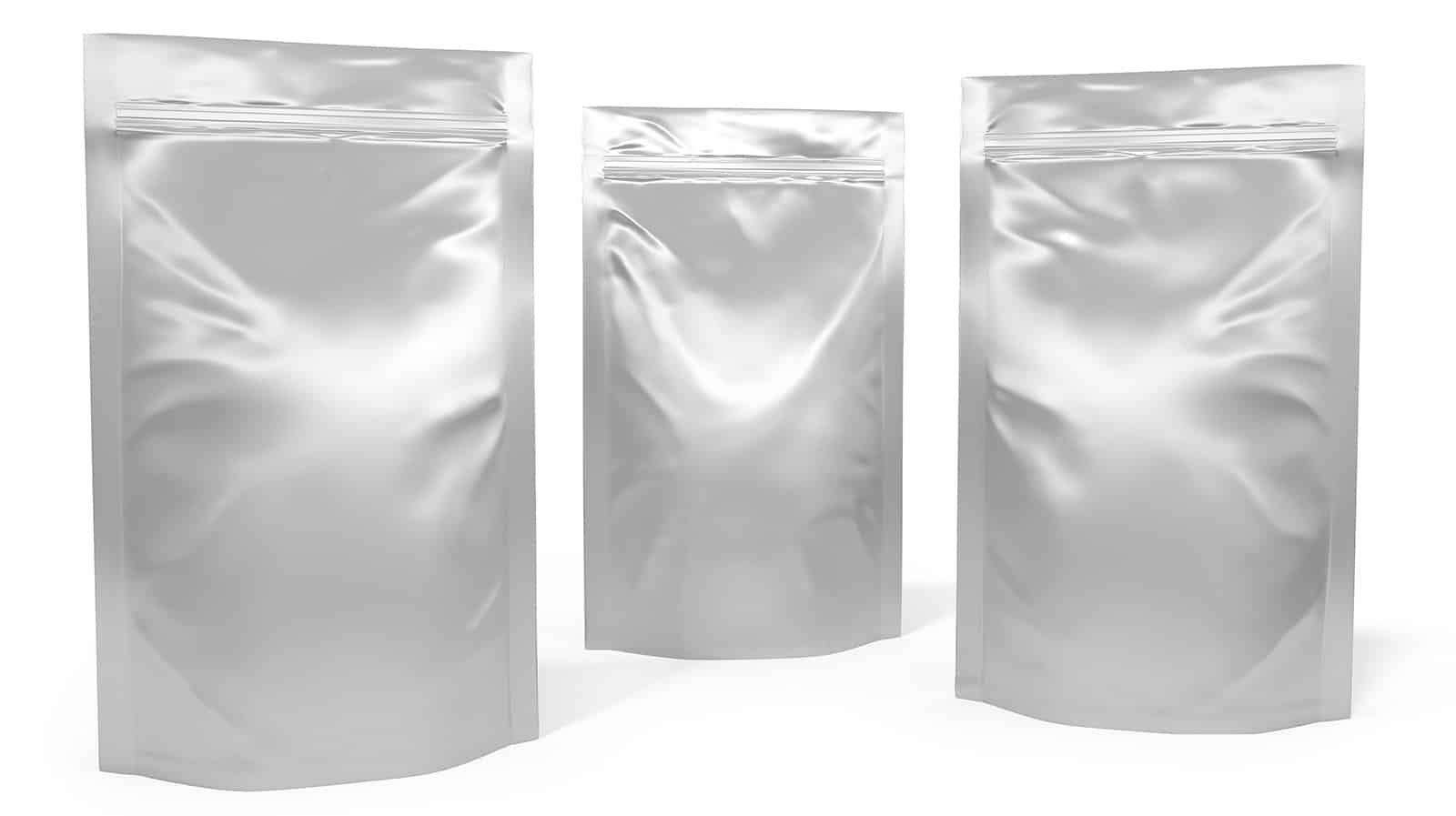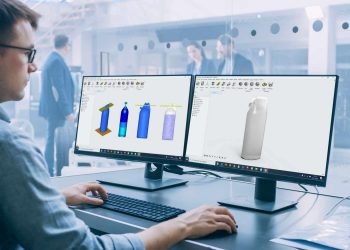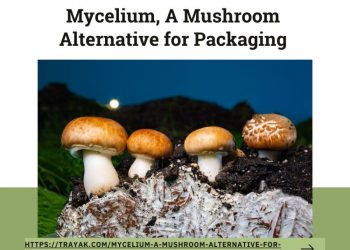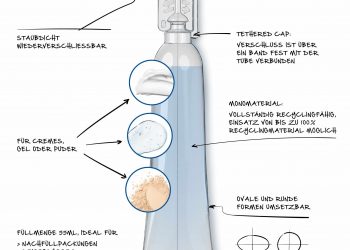Background Information
India generates 3.3 million metric tons of plastic waste per annum according to the Central Pollution Control Board (CPCB) report. Although there has been decades of work surrounding plastic pollution, it still is a major problem and continues to present challenges. Multi layered plastic waste is a huge contribution for this problem and this article will give a glimpse about MLP, its impact on the environment and what potential solutions we have to solve this problem.
Multi Layered Plastic
MLP stands for Multilayered plastic and according to the PWM 2016 Rules, is defined as any material used or to be used for packaging and having at least one layer of plastic as the main ingredients in combination with one or more layers of materials such as paper, paper board, polymeric materials, metalized layers, or aluminum foil, either in the form of a laminate or co-extruded structure. Basically MLP is any material that has at least one layer of plastic. MLP has several thin sheets of materials like aluminum, plastic, and paper that are laminated together and are difficult to separate.
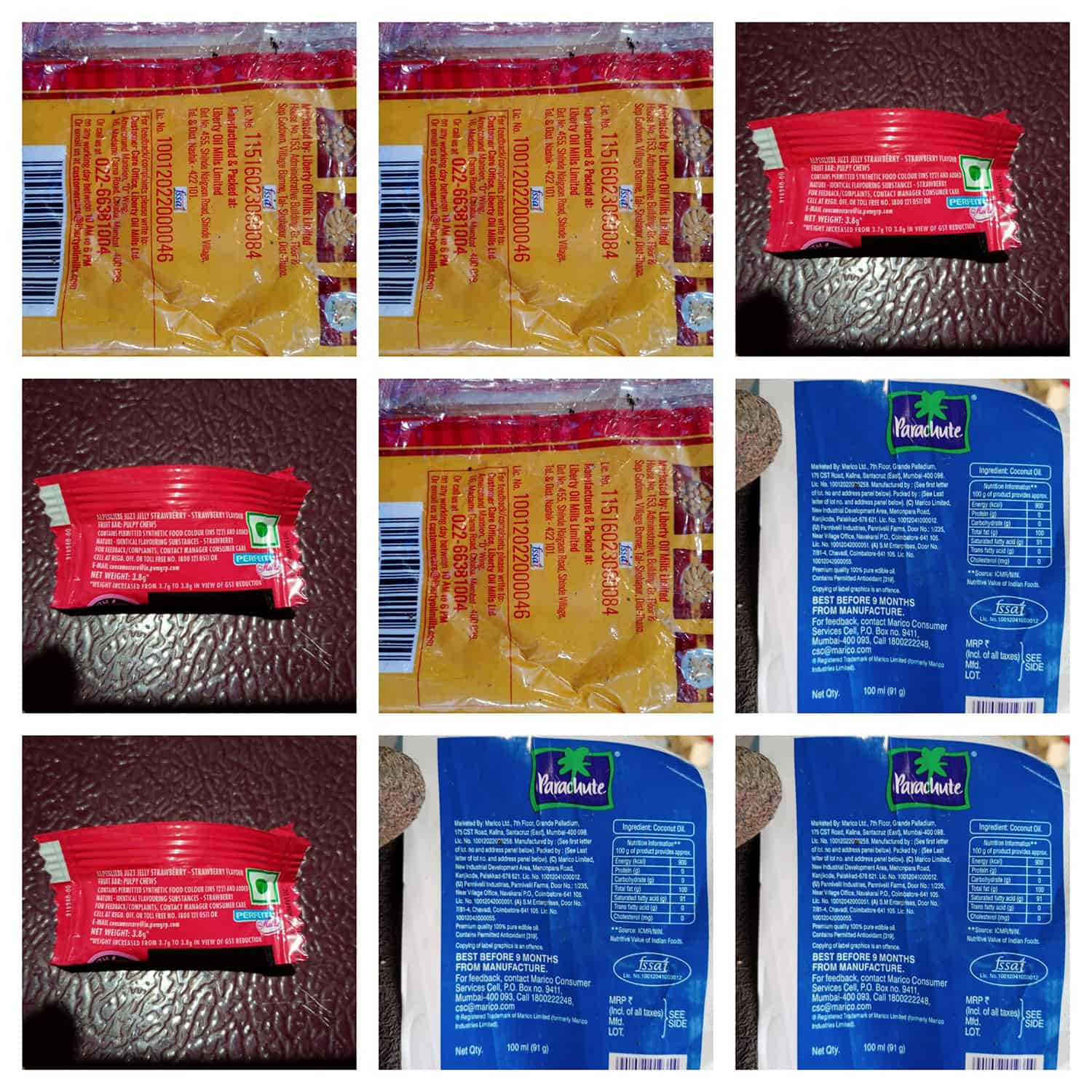
Impact of MLP waste on Environment:
4O percent of global plastic waste is generated for packaging, which includes MLP used in food packaging. This is usually used once and discarded hence are considered as single use plastic. MLP is a preferred material in the food industry, as it protects the food products and hence giving it a longer shelf life. India has a diverse climate and the nature of MLP allows protection of food in climates like hot and humid. Hence, it is preferred on a large scale across India. Apart from this, it’s lightweight, available in different sizes from small packets to big packets, makes it available in small tea stalls to supermarkets. It is present everywhere and is easy to throw but difficult to collect. And eventually it ends up as litter, or in landfills or in waterways, and enters our food chain. The practical challenges in collection and segregation of MLPs involve labour intensive work, space constraints for storage due to its voluminous nature etc. This makes recycling of MLP economically unviable and is mostly destined to end up in landfill. However few technological interventions have made it possible to manage this waste.
Potential Solutions for managing the MLP waste
- Energy recovery: Use of MLP in Cement factories as an alternate fuel or in Waste-to-energy (WTE) plants are considered as a solution in reducing the plastic waste. These technologies offer the solution to process the gigantic volumes of MLP on a regular basis.
- Granules into products: The recycled plastic granules from the MLP waste, can be used in the injection moulding applications such as flower-pots, wastebaskets, road dividers, low-cost furniture, park benches etc. The granules made from MLP are a benefit for manufacturers and producers as the MLP pellets, apart from being sustainable, are also cheaper than the virgin pellets. They not only contribute to a circular economy but also reduce the huge amount of MLP waste ending up in landfills and harming the environment.
Pyrolysis: Pyrolysis by definition means the thermal decomposition of materials at elevated temperatures in an inert atmosphere. It is a common technique used to convert plastic waste into energy. The liquid oil produced through this process can be used as an alternate fuel and helps in reducing the carbon footprint.
Benefits of MLP Recycling:
- Considering the increasing amount of MLP waste, recycling is the best and sustainable solution for reducing the impact caused by MLP waste.
- MLP recycling manages the highly polluting and littered plastic waste and contributes to the circular economy.
- It ensures resource recovery plus is economically beneficial.
- Also generates employment, and is paving the way for formalizing the recycling sector which includes stakeholders like ragpickers, recyclers, etc.
About the Agency:
Social Lab Environmental Solutions is a waste management company committed to create people-centric waste management solutions. They have a team of 58+ people comprising Engineers, Management Professionals, Social Workers, City Planners, and Sustainability Professionals. The team has on-ground experience of designing and implementing Solid Waste Management (SWM) system for the cities. Social Lab is headed by alumni of College of Engineering, Pune and Tata Institute of Social Sciences, Mumbai.
They work closely with companies especially Plastic producers and FMCGs to fulfil their EPR mandate under PWM Rules 2018. They do this so by managing the complete supply chain from collection to disposal in a transparent manner. Their clients include Marico Ltd, Dabur India Ltd, Garware Polyester Ltd, Cosmo Films Ltd, Parakh Agro Industries Ltd, and 90+ MSMEs from Aurangabad, Pune, Nashik, Jalgaon, Kolhapur, Latur, Jalna, Yavatmal, and Nagpur.
References
https://www.mdpi.com/2313-4321/3/1/1
https://www.no-burn.org/why-incineration-is-a-very-bad-idea-in-the-twenty-first-century/
Shailesh Shinde is the Director at Social Lab Environmental Solutions Pvt. Ltd and is responsible for handling Plastic business and the EPR initiative. He has a diverse experience in Corporate and development sector. He has worked with Tata Consultancy Services Limited for 6 years. He holds an Engineering degree from College of Engineering Pune and has done a Master’s degree in Social Entrepreneurship from Tata Institute of Social Sciences.
Ashlesha Karande is Communication Executive at Social Lab Environmental Solutions Pvt. Ltd and looks after the online presence of the company and creates content for the same. She has experience as Community builder and Content Writer at various social ventures. She holds a Bachelor’s Degree in Environmental Science from Fergusson College, Pune and a Master’s Degree in Sustainable Livelihoods and Natural Resources Governance from Tata Institute of Social Sciences.

